What was Kristallnacht? 80 years since Nazi purge
Today marks the 80th anniversary of the ‘Night of Broken Glass’, a pogrom against German Jews that set the stage for the Holocaust
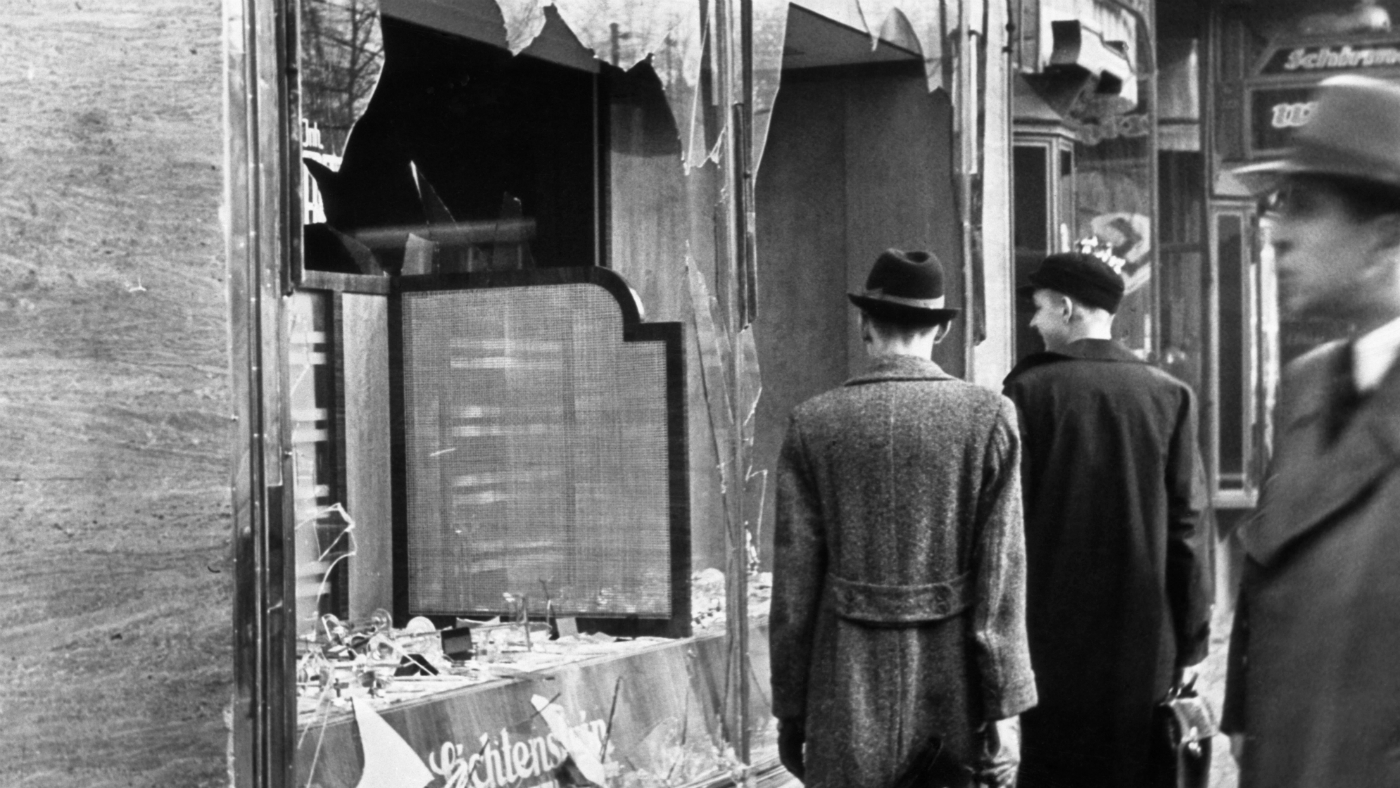
A free daily email with the biggest news stories of the day – and the best features from TheWeek.com
You are now subscribed
Your newsletter sign-up was successful
German Chancellor Angela Merkel will today speak at a ceremony at a synagogue in Berlin, as countries around the world prepare to commemorate the 80th anniversary of Kristallnacht - or the “Night of Broken Glass” - the prologue to one of the darkest chapters in European history.
On the night of 9 November 1938, 91 Jewish civilians were killed and scores more were injured as mobs ransacked, torched and vandalised thousands of synagogues and Jewish-owned businesses across Nazi Germany.
In the wake of Kristallnacht, tens of thousands of Jews fled Adolf Hitler’s regime, as the violence had “offered a terrifying vision of what was to come: the annihilation of six million European Jews”, History.com says.
The Week
Escape your echo chamber. Get the facts behind the news, plus analysis from multiple perspectives.

Sign up for The Week's Free Newsletters
From our morning news briefing to a weekly Good News Newsletter, get the best of The Week delivered directly to your inbox.
From our morning news briefing to a weekly Good News Newsletter, get the best of The Week delivered directly to your inbox.
Martin Winstone from the UK-based Holocaust Educational Trust said this year’s commemoration of the atrocities is “given an extra dimension because of the resurgence of anti-Semitism in Europe”.
But what happened on the night of 9 November?
Hitler’s campaign against the Jews
After seizing power in 1933, the Nazis enacted sweeping laws that curtailed the civil liberties of political, religious and ethnic minorities, the most notorious of them being the Nuremberg Laws of 1935. The anti-Semitic legislation “defined who was to be considered a Jew”, Deutsche Welle says. Other laws barred Jews from certain professions, restricted their access to public spaces, cut the number of Jewish students at universities and forced Jews to carry ID cards noting their religion.
A free daily email with the biggest news stories of the day – and the best features from TheWeek.com
By 1938, civilian persecution against Jews was “encouraged” by the state, according to Yad Vashem, the World Holocaust Remembrance Center, and sporadic physical attacks targeting Jews were already “widespread in Germany” in the run-up to Kristallnacht, Deutsche Welle adds.
Kristallnacht
On 7 September 1938, the Nazi German diplomat Ernst vom Rath was shot dead by Herschel Grynszpan, a seventeen-year-old Polish Jew living in Paris. Propaganda minister Joseph Goebbels delivered a speech blaming Jews at large for the murder, touching off anti-Semitic rage which manifested as a series of pogroms throughout Germany on 9 November.
Yad Vashem says that members of the public “vandalised Jewish graveyards and synagogues” and destroyed the windows of around 7,500 Jewish enterprises and houses, the latter of which is where the name Kristallnacht originated.
Hugh Greene, then a reporter for The Daily Telegraph, wrote from Berlin: “Mob law ruled in Berlin throughout this afternoon and evening and hordes of hooligans indulged in an orgy of destruction. I have seen several anti-Jewish outbreaks in Germany during the last five years, but never anything as nauseating as this.
“Racial hatred and hysteria seemed to have taken complete hold of otherwise decent people.”
Authorities did little or nothing to protect Jewish victims or their property, and in many cases joined in the violence.
By the time the morning came around, 267 synagogues had been destroyed, 91 people had been murdered and hundreds of businesses vandalised.
Aftermath
In the immediate aftermath of Kristallnacht, the German government claimed Jews were to blame for the pogrom and fined one billion Reichsmark (around £5bn in today’s money) to cover the cost of the cleanup.
The United States Holocaust Memorial Museum says that the Reich government then “confiscated all insurance payouts to Jews whose businesses and homes were looted or destroyed”, leaving them “personally responsible for the cost of all repairs”.
The day after the pogrom, around 30,000 Jewish men were deported to concentration camps in Dachau, Sachsenhausen or Buchenwald.
“Many Jews had already left Germany and Austria, but for the rest, Kristallnacht “represented a moment of reluctant realisation that there was no future for them there”, The Guardian says.
Deutsche Welle also notes that internation response was “relatively slow”. However, historian Raphael Gross says: “The Kindertransport program to England began in the wake of November 1938.”
In the wake of Kristallnacht, the Nazis began to implement what they referred to as the “Final Solution” to the “Jewish question” - the systematic murder of roughly six million European Jews in the Holocaust.
-
 6 of the world’s most accessible destinations
6 of the world’s most accessible destinationsThe Week Recommends Experience all of Berlin, Singapore and Sydney
-
 How the FCC’s ‘equal time’ rule works
How the FCC’s ‘equal time’ rule worksIn the Spotlight The law is at the heart of the Colbert-CBS conflict
-
 What is the endgame in the DHS shutdown?
What is the endgame in the DHS shutdown?Today’s Big Question Democrats want to rein in ICE’s immigration crackdown
-
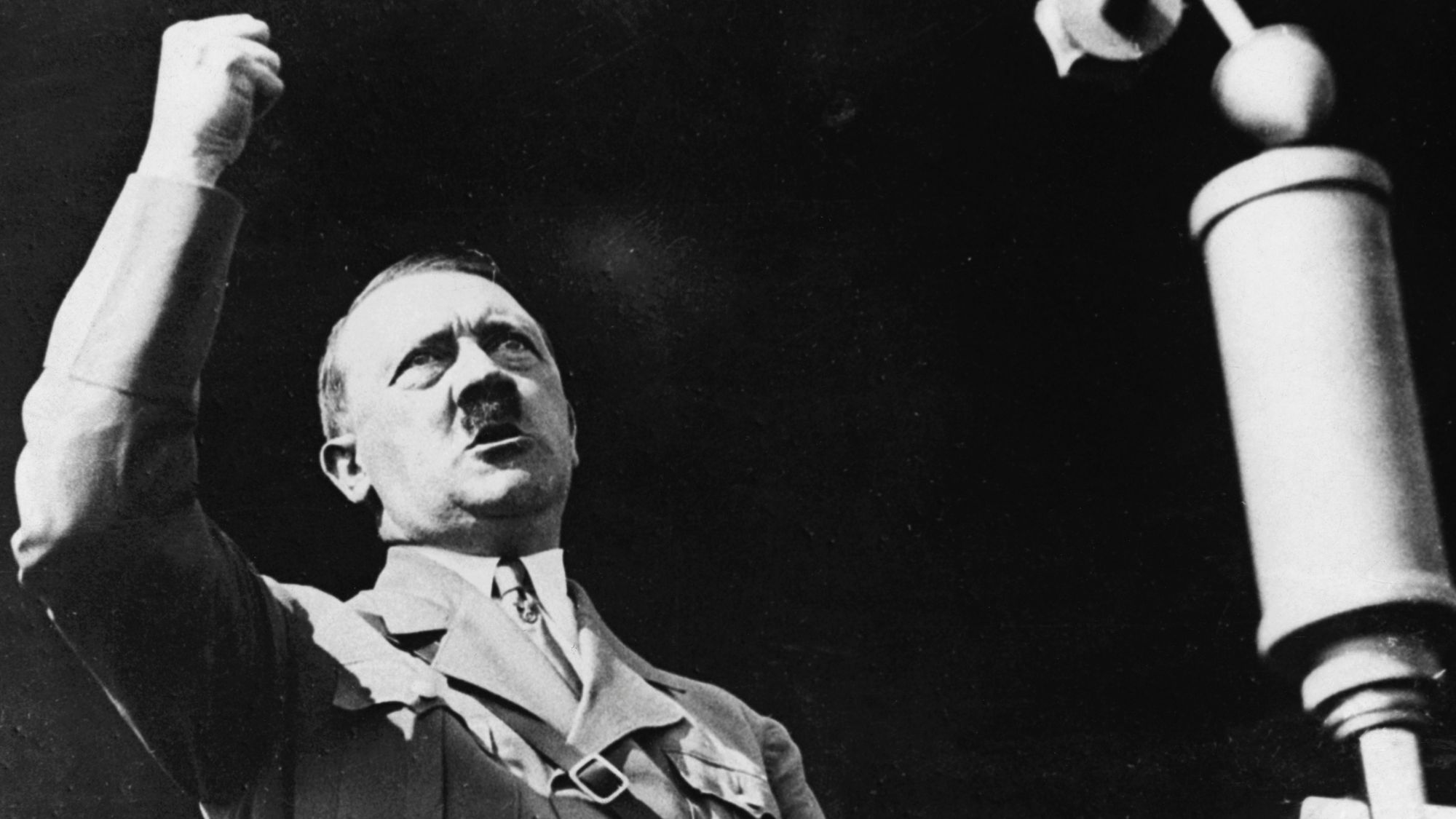 Hitler: what can we learn from his DNA?
Hitler: what can we learn from his DNA?Talking Point Hitler’s DNA: Blueprint of a Dictator is the latest documentary to posthumously diagnose the dictator
-
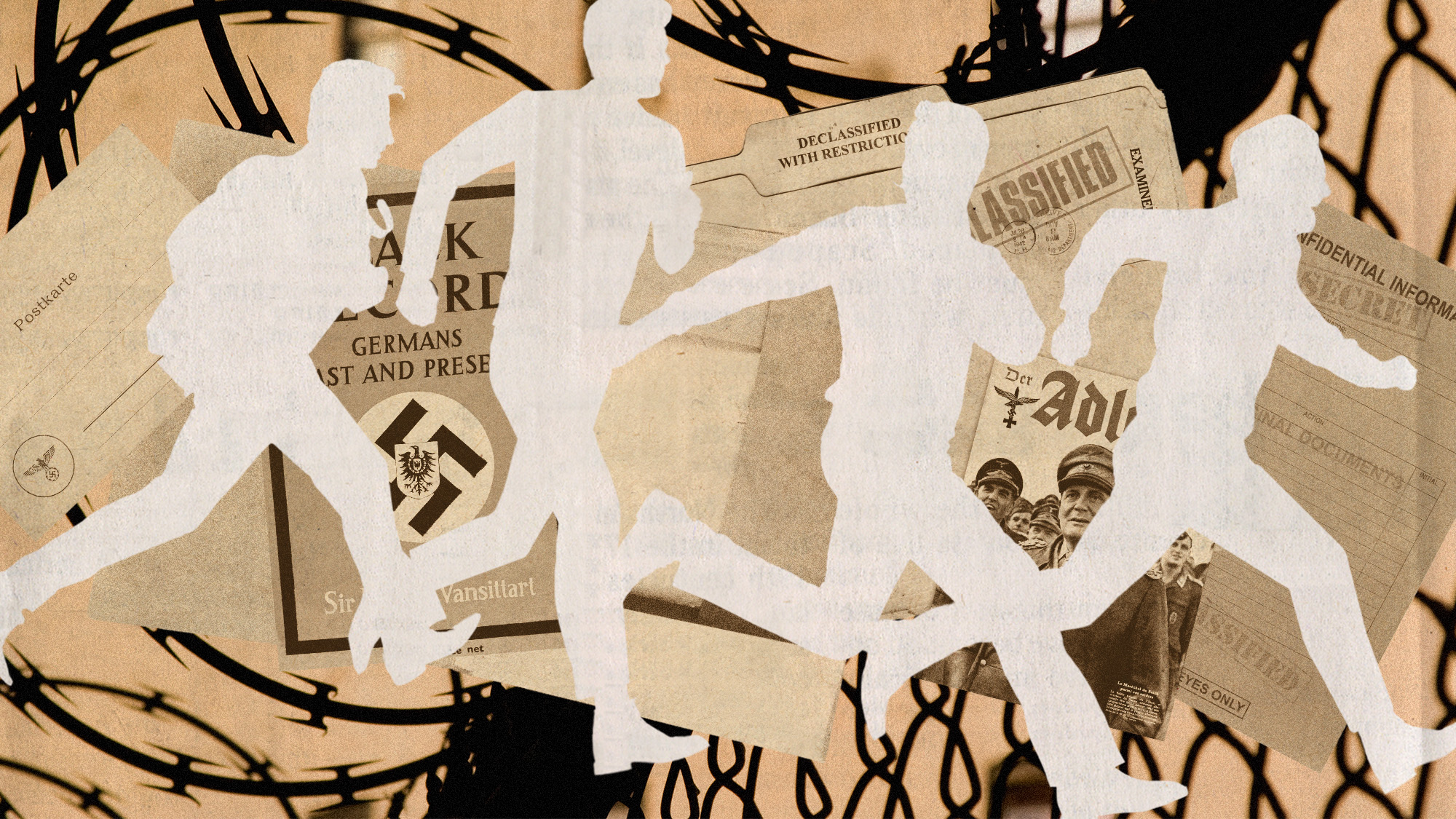 Argentina lifts veil on its past as a refuge for Nazis
Argentina lifts veil on its past as a refuge for NazisUnder the Radar President Javier Milei publishes documents detailing country's role as post-WW2 'haven' for Nazis, including Josef Mengele and Adolf Eichmann
-
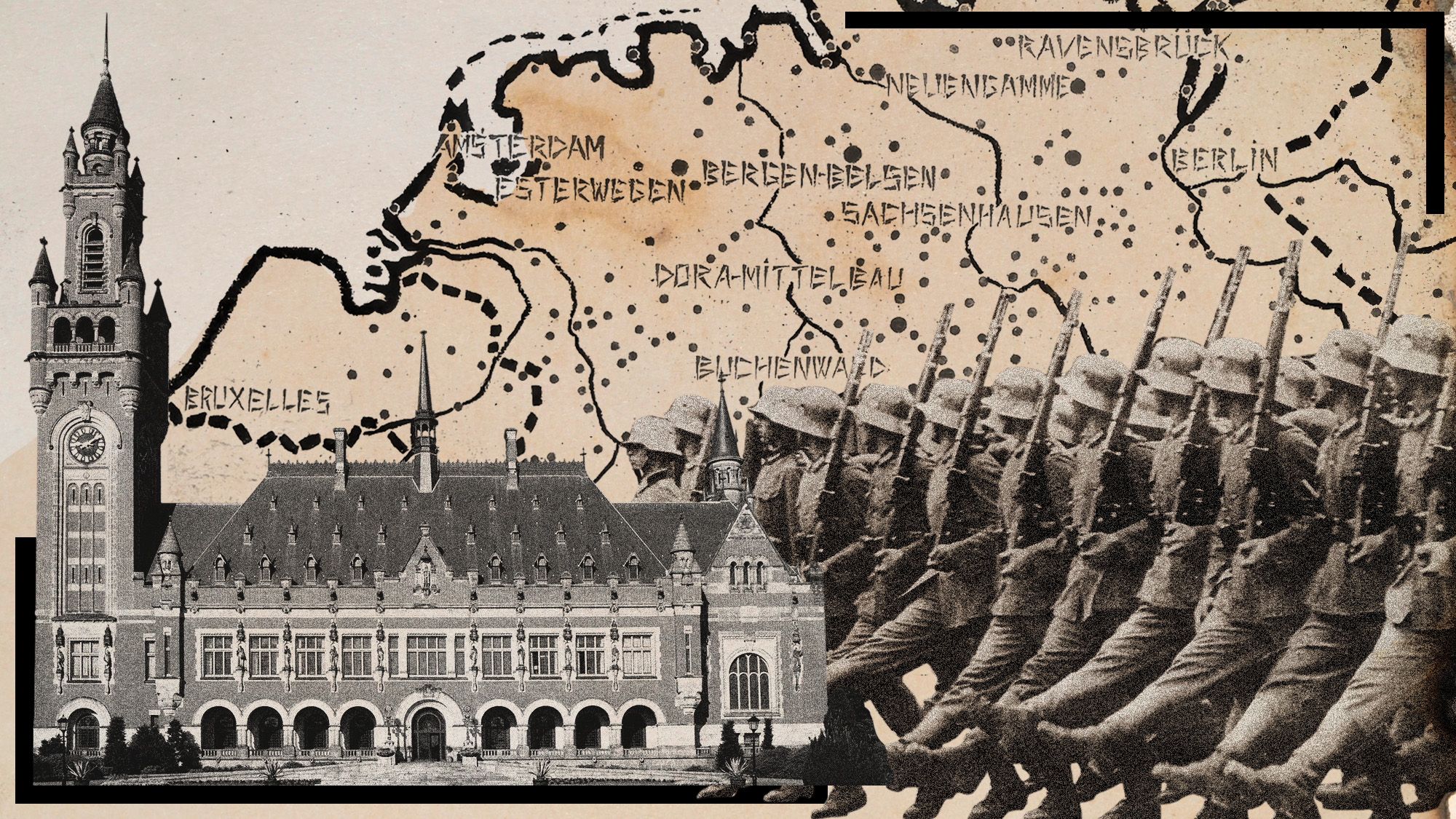 Newly publicized Dutch archives force families to confront accusations of Nazi collaboration
Newly publicized Dutch archives force families to confront accusations of Nazi collaborationUnder the Radar The archives were available to researchers but only recently became publicly accessible
-
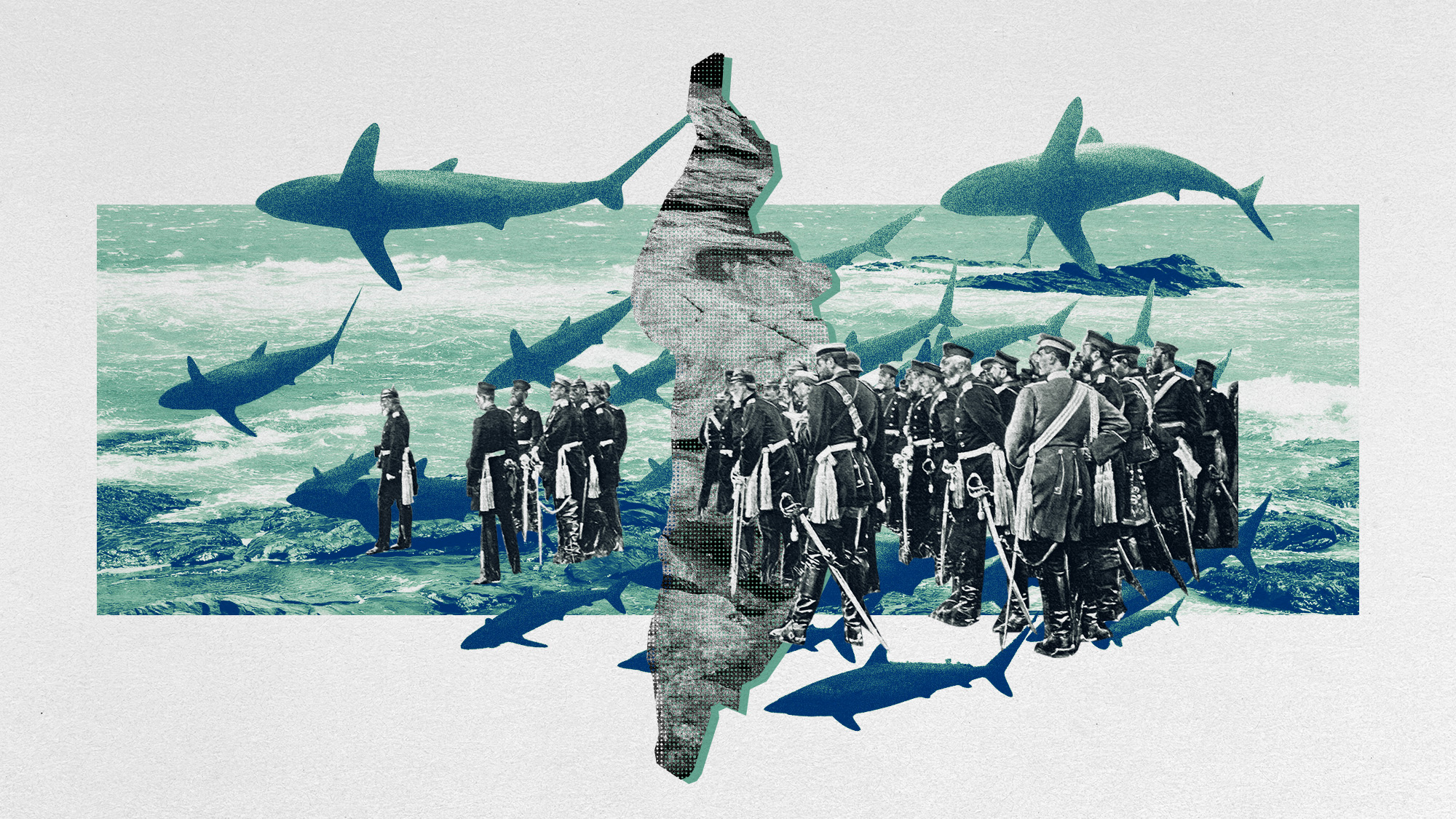 Namibia grapples with legacy of genocide on Shark Island
Namibia grapples with legacy of genocide on Shark IslandUnder the radar A non-profit research agency believes it has located sites of unmarked graves of prisoners
-
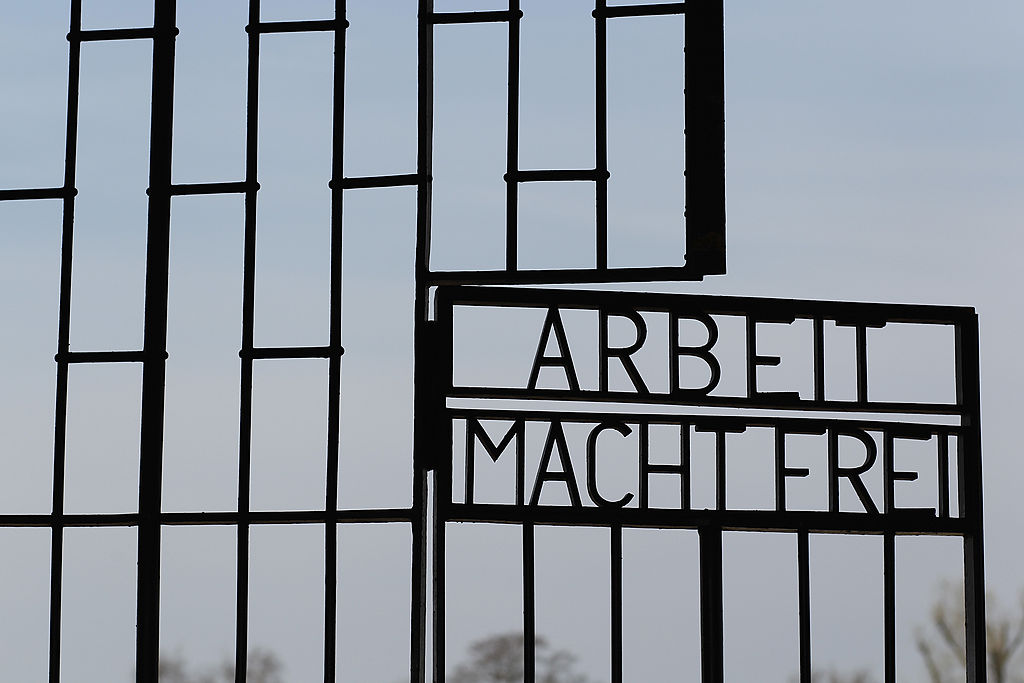 98-year-old charged with accessory to murder during Holocaust
98-year-old charged with accessory to murder during HolocaustSpeed Read
-
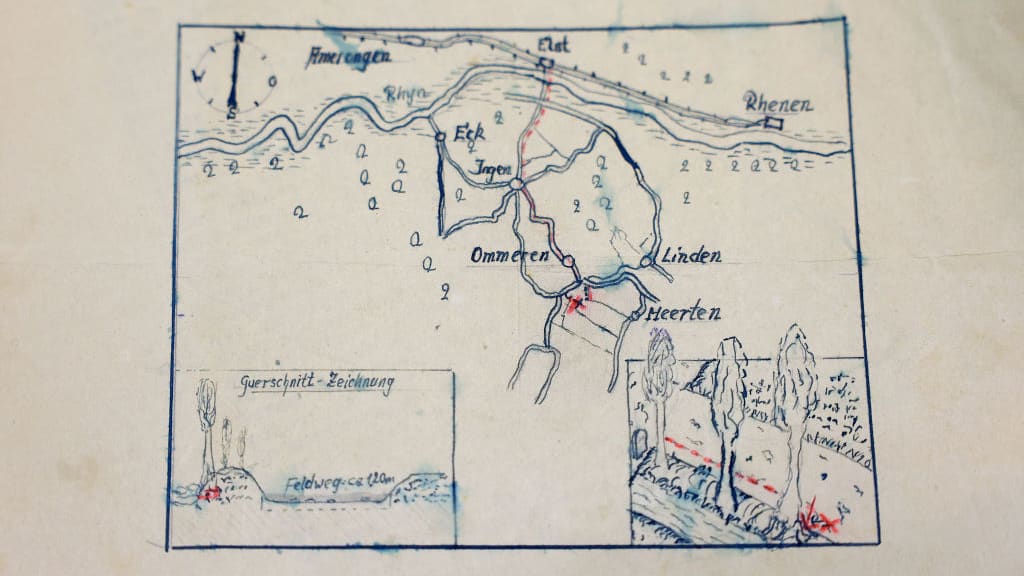 WWII-era map leads to Dutch treasure hunt
WWII-era map leads to Dutch treasure huntSpeed Read
-
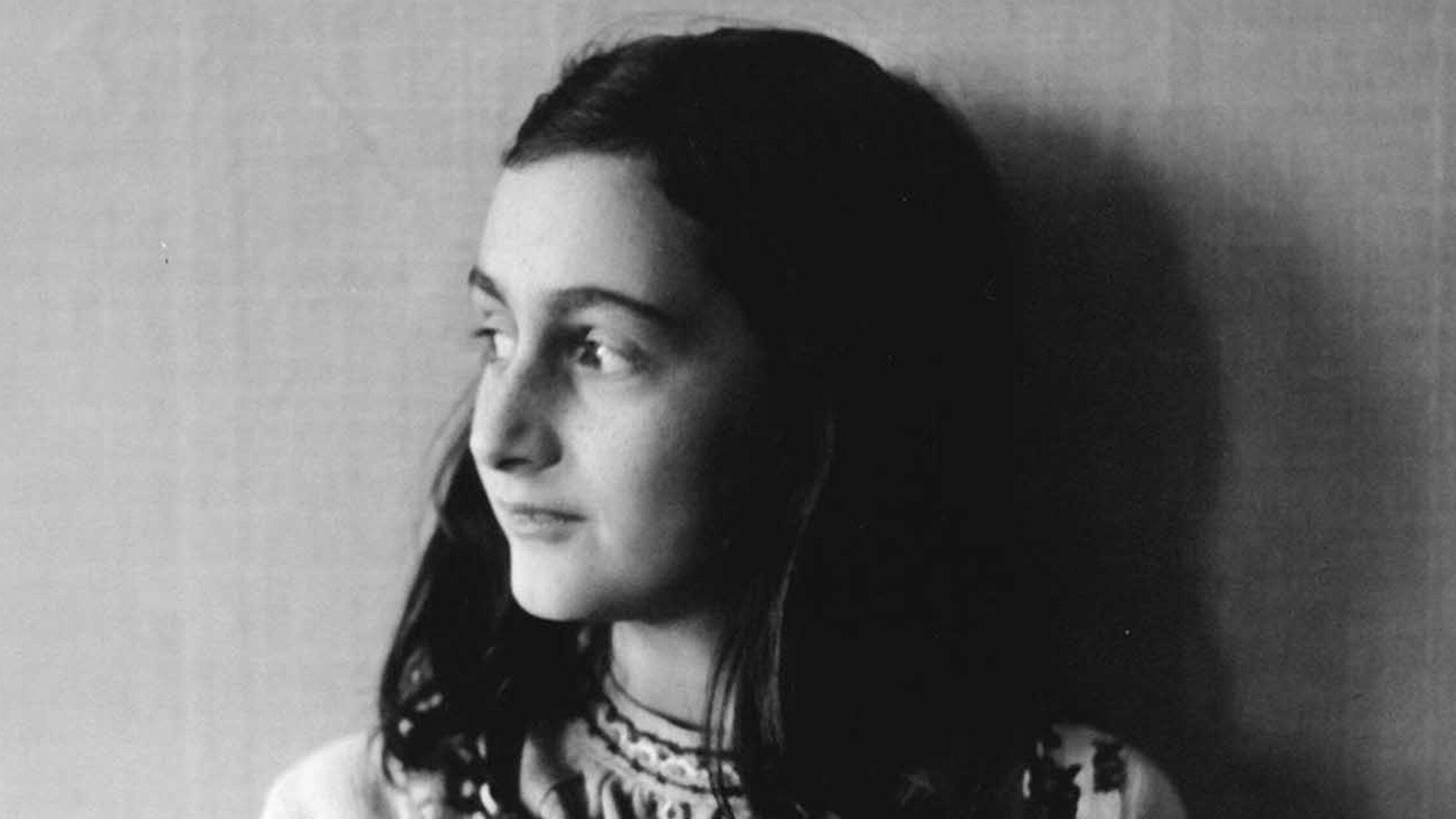 Jewish businessman identified as ‘prime suspect’ in Anne Frank betrayal
Jewish businessman identified as ‘prime suspect’ in Anne Frank betrayalfeature Documentary alleges Arnold van den Bergh gave up diarist and her family to Nazis
-
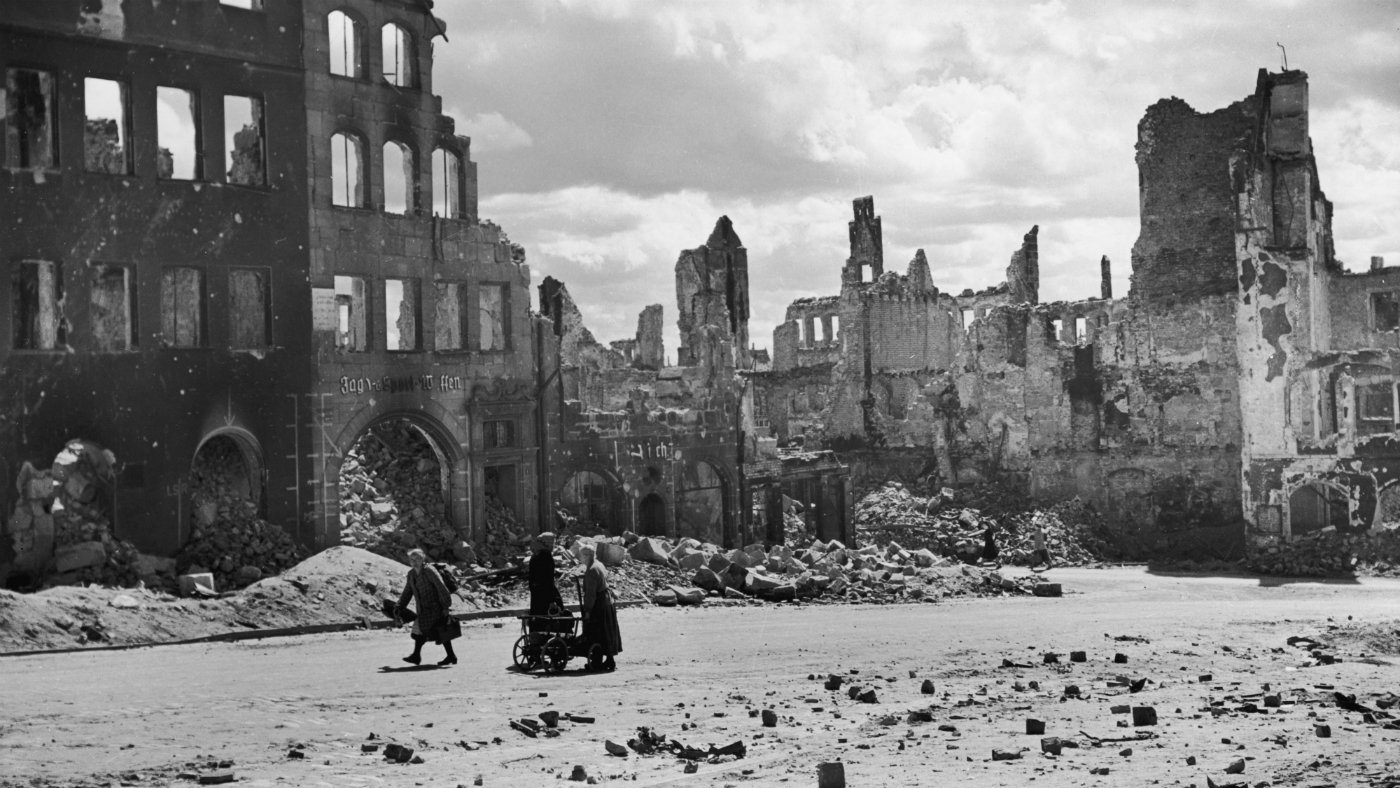 Seven tragic Second World War poems
Seven tragic Second World War poemsIn Depth Less well-known than those of the First World War, the poems of WWII are just as gut-wrenching